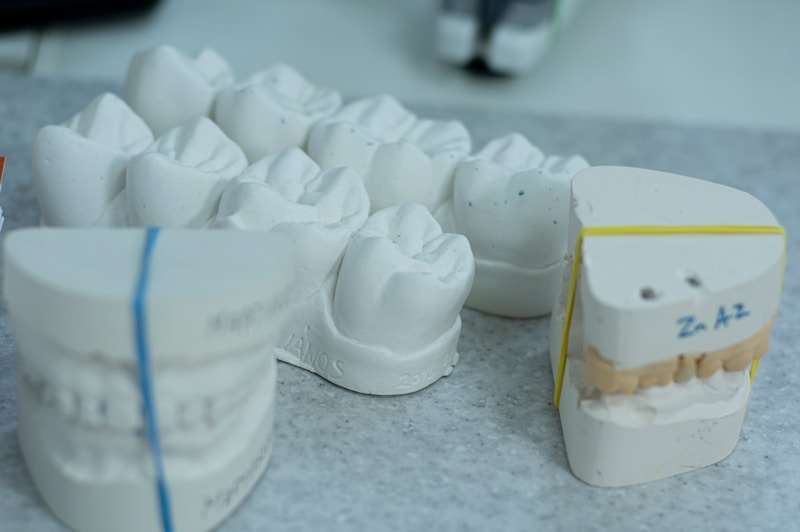Podcast
Questions and Answers
What is one common risk factor associated with urinary tract infections?
What is one common risk factor associated with urinary tract infections?
Which clinical manifestation is typically associated with urinary tract infections?
Which clinical manifestation is typically associated with urinary tract infections?
What is a common complication of untreated urinary tract infections?
What is a common complication of untreated urinary tract infections?
Which of the following nursing diagnoses may be appropriate for a patient with a urinary tract infection?
Which of the following nursing diagnoses may be appropriate for a patient with a urinary tract infection?
Signup and view all the answers
What is the primary method for diagnosing urinary tract infections?
What is the primary method for diagnosing urinary tract infections?
Signup and view all the answers
What medication is often prescribed to relieve bladder pain in urinary tract infections?
What medication is often prescribed to relieve bladder pain in urinary tract infections?
Signup and view all the answers
Which nursing intervention is important for a patient with a urinary tract infection?
Which nursing intervention is important for a patient with a urinary tract infection?
Signup and view all the answers
What is a common symptom that patients should be taught to report when experiencing urinary tract infections?
What is a common symptom that patients should be taught to report when experiencing urinary tract infections?
Signup and view all the answers
What is the main cause of inflammation in urinary tract infections?
What is the main cause of inflammation in urinary tract infections?
Signup and view all the answers
Which condition is a potential complication of urinary tract infections?
Which condition is a potential complication of urinary tract infections?
Signup and view all the answers
Which nursing diagnosis is relevant for patients with urinary tract infections?
Which nursing diagnosis is relevant for patients with urinary tract infections?
Signup and view all the answers
What should patients be taught to prevent urinary tract infections?
What should patients be taught to prevent urinary tract infections?
Signup and view all the answers
What is one of the clinical manifestations of urinary tract infections?
What is one of the clinical manifestations of urinary tract infections?
Signup and view all the answers
Study Notes
Epidemiology
- Approximately 10 million doctor visits and 100,000 hospital admissions occur annually due to UTIs.
- Females are more susceptible to UTIs than males.
Risk Factors
- Sexual activity
- Diabetes
- Poor hygiene
- Estrogen deficiency
- Recent catheterizations
- Foreign objects
Pathophysiology
- Bacteria enter the sterile bladder, causing inflammation.
Clinical Manifestations
- Bladder irritability
- Dysuria (painful urination)
- Urinary frequency
- Urgency
- Urinating small volumes
- Gross hematuria (visible blood in urine)
- Microhematuria (microscopic blood in urine)
- Suprapubic pain
Medical Management - Diagnosis
- Diagnosis is based on a combination of clinical manifestations and urine culture results.
Medical Management - Medications
- Antimicrobial therapy is used to treat the bacterial infection.
- Phenazopyridine (Pyridium) provides symptomatic relief of bladder pain and burning.
Surgical Management
- Surgical management may be necessary for patients with known risk factors such as kidney stones, or anatomical defects causing incomplete bladder emptying (e.g., pelvic organ prolapse or enlarged prostate).
Complications
- Drug resistance
- Pyelonephritis (kidney infection)
- Renal abscess (pus-filled cavity in the kidney)
Nursing Management - Assessment and Analysis
- Nursing assessments focus on identifying and monitoring clinical manifestations related to the inflammatory process.
Nursing Management - Nursing Diagnoses
- Altered urinary elimination
- Knowledge deficit regarding UTIs
- Acute pain
Nursing Interventions - Assessments
- Vital signs
- Urinary symptoms
- Abdominal examination
- Urinalysis
- Urine culture
Nursing Interventions - Actions
- Administer antibiotics as ordered
- Administer bladder analgesics (e.g., phenazopyridine)
Nursing Interventions - Teaching
- Instruct patients to report elevated temperature, flank pain, nausea, and vomiting.
- Encourage increased fluid intake to help flush out bacteria.
- Educate patients on the signs and symptoms of UTIs and preventative measures.
- Provide medication education as needed.
Nursing Management - Evaluating Care Outcomes
- Ensure the health of the kidneys is protected.
- Monitor for resolution of symptoms, indicating successful treatment.
Urinary Tract Infections (UTIs)
- Epidemiology: UTI is a common issue with 10 million doctor visits and 100,000 hospital admissions annually
-
Risk Factors:
- Women are more susceptible to UTIs than men.
- Sexual activity: Increased risk due to introducting bacteria.
- Diabetes: Weakened immune system
- Poor hygiene: Allows bacteria to enter the urethra.
- Estrogen deficiency: Changes in vaginal flora.
- Recent catheterizations: Introduces bacteria.
- Foreign objects: In the urinary tract.
-
Pathophysiology:
- Bacteria enter the bladder, leading to inflammation.
-
Clinical Manifestations:
- Bladder irritability: Frequent urination, urgency and dysuria.
- Dysuria: Painful urination.
- Urinary frequency: Frequent urination.
- Urgency: Strong urge to urinate.
- Urinating small volumes: Small amounts of urine are passed.
- Gross hematuria: Visible blood in the urine.
- Microhematuria: Blood in the urine visible only under a microscope.
- Suprapubic pain: Pain in the lower abdomen.
-
Medical Management:
- Diagnosis: Clinical symptoms and urine culture.
-
Medications:
- Antimicrobial therapy: To treat the bacterial infection.
- Phenazopyridine: To relieve pain during urination.
-
Surgical Management:
- Considered for patients with:
- Kidney stones: Obstructing urine flow.
- Anatomical defects: Leading to incomplete bladder emptying (pelvic organ prolapse or enlarged prostate).
- Considered for patients with:
-
Complications:
- Drug resistance: To antibiotics.
- Pyelonephritis: Kidney infection.
- Renal abscess: Pus collection in a kidney.
-
Nursing Management:
-
Assessment & Analysis:
- Monitor patients for signs of inflammation,
-
Nursing Diagnoses:
- Altered urinary elimination: Due to infection.
- Knowledge deficit: About UTI.
- Acute pain: Associated with UTI.
-
Nursing Interventions:
-
Assessments:
- Vital signs: Temperature, heart rate, blood pressure.
- Urinary symptoms: frequency, urgency, dysuria.
- Abdominal examination: Palpate for tenderness.
- Urinalysis: To detect infection.
- Urine culture: To identify the infecting bacteria.
-
Actions:
- Administer antibiotics: As prescribed.
- Administer bladder analgesics: To relieve pain.
-
Teaching:
- Report elevated temperature, flank pain, nausea and vomiting: Possible signs of pyelonephritis.
- Increase fluid intake: To flush out bacteria.
- Signs and symptoms of UTI: To identify the infection early.
- UTI prevention: To reduce risk of future infections.
- Medication education: Dosage, side effects, and how to take medications.
-
Assessments:
-
Evaluation of Care Outcomes:
- Health of kidney is protected: Infection is resolved.
- Resolution of symptoms: Relief from pain and improved urinary function.
-
Assessment & Analysis:
Studying That Suits You
Use AI to generate personalized quizzes and flashcards to suit your learning preferences.
Description
This quiz covers key aspects of urinary tract infections (UTIs), including epidemiology, risk factors, pathophysiology, clinical manifestations, and both medical and surgical management. Test your knowledge on how these infections impact health and the different treatment approaches available.





